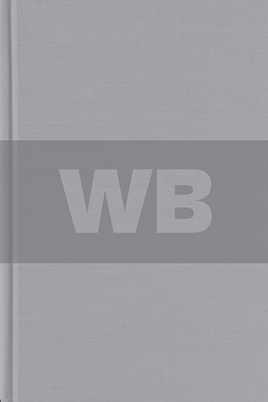Analyzes the transnational forces that will transform nation-states in the future--population growth, environmental degradation, technological advance--and their impact, and discusses how to cope with the future's challenges
Read More
Human history has always been shaped by the growth and migration of populations, by the opportunities and constraints provided by the environment, and by the rise of new technologies. Today, these forces are enmeshed in a state of unprecedented turbulence. World population has more than doubled in the past forty years to reach its current level of 5.5 billion, and it will exceed 8 billion and perhaps even 10 billion early in the next century. How will these vast numbers reshape the world's borders, strain an already fragile ecosystem, and remake politics? New technologies are even now replacing traditional work with radically new systems of production and communication, promising enormous changes in both industrial and traditional agricultural societies. Will potential developments in biotechnology render traditional food producers obsolete? What is the role of robotics in a world where millions of new jobs are needed each year to absorb the fast-growing population? And what will the roles of women be? How will the spread of AIDS affect the rapid growth of population in countries like India or those of central Africa? And how will all these complex, mutually dependent changes affect individual nations as they struggle with their own ethnic and economic pressures, including the inevitability of ever larger migrations from poorer to richer parts of the world as populations explode in less developed regions and decline in such areas as Japan, parts of North America, and the European continent? Given their historic behavior, how will Japan, the United States, and Europe - as well as the countries of Asia, Africa, and Latin America - be likely to respond to these unprecedented circumstances? What is the role of education in a two- or three-tier world?Professor Kennedy's classic The Rise and Fall of the Great Powers considered the forces within nations that led to their rise and fall. In Preparing for the Twenty-first Century Kennedy addresses a larger and uniquely modern question: how will transnational forces in a world of scarce resources, instant communications, and exploding population affect the nations of the world and the people who inhabit them as the new century dawns?
Read Less

